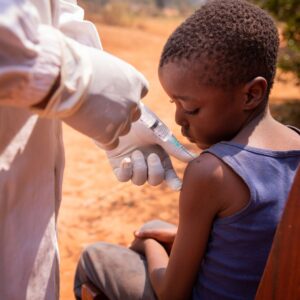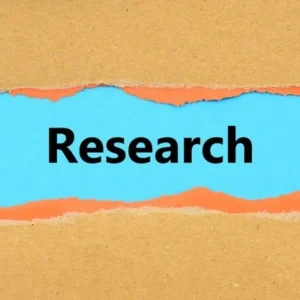Lélia Bartolomeu, aged 12, was deeply influenced by her grandmother’s battle with cervical cancer, which inspired her commitment to promoting change. Each year in Africa, over 117,000 women are diagnosed with cervical cancer, and more than 76,000 die from the disease. Despite being highly preventable and treatable when detected early, limited access to prevention, screening, and treatment leads to 90% of these deaths. In Angola, cervical cancer accounted for 915 cases in 2022, representing roughly 17% of all cancer cases in the country.
To address this health challenge, Angola has acquired over two million doses of the WHO-prequalified HPV vaccine and launched a historic national vaccination campaign under the leadership of the Ministries of Health and Education. The campaign, held in Luanda, involved government officials, national and international partners, the private sector, families, and students, and was championed by the First Lady, Dr. Ana Dias Lourenço, as campaign ambassador. Lélia was the first girl to be registered for vaccination, symbolizing the protection of all girls in Angola.
The vaccination rollout will occur in two phases: the first, between 27 October and 7 November 2025, will be a nationwide campaign conducted in schools, health centers, and fixed posts, while the second phase, starting January 2026, will integrate the vaccine into the routine national immunization program. The campaign emphasizes providing communities with accurate information to enable informed decisions, as highlighted by Dr. Ana Dias Lourenço.
Vaccination against cervical cancer represents a significant step toward protecting Angolan girls, reducing health inequalities, and advancing the WHO Global Strategy for Eliminating Cervical Cancer. By 2030, the strategy aims for 90% of girls to be fully vaccinated by age 15, 70% of women to receive high-precision screening at ages 35 and 45, and 90% of women with lesions or cancer to receive treatment.
The Angolan government has partnered with international development organizations, including the European Investment Bank, WHO, UNICEF, UNDP, GAVI, the European Union, and the World Bank, to ensure the success of the vaccination campaign. The HPV vaccine represents both a medical breakthrough and a symbol of hope and social justice, enabling girls to grow up healthy and live without fear of this preventable disease. WHO Representative Dr. Indrajit Hazarika emphasized the collective responsibility to vaccinate all girls and leave no one behind, underscoring the urgency and importance of this initiative.







